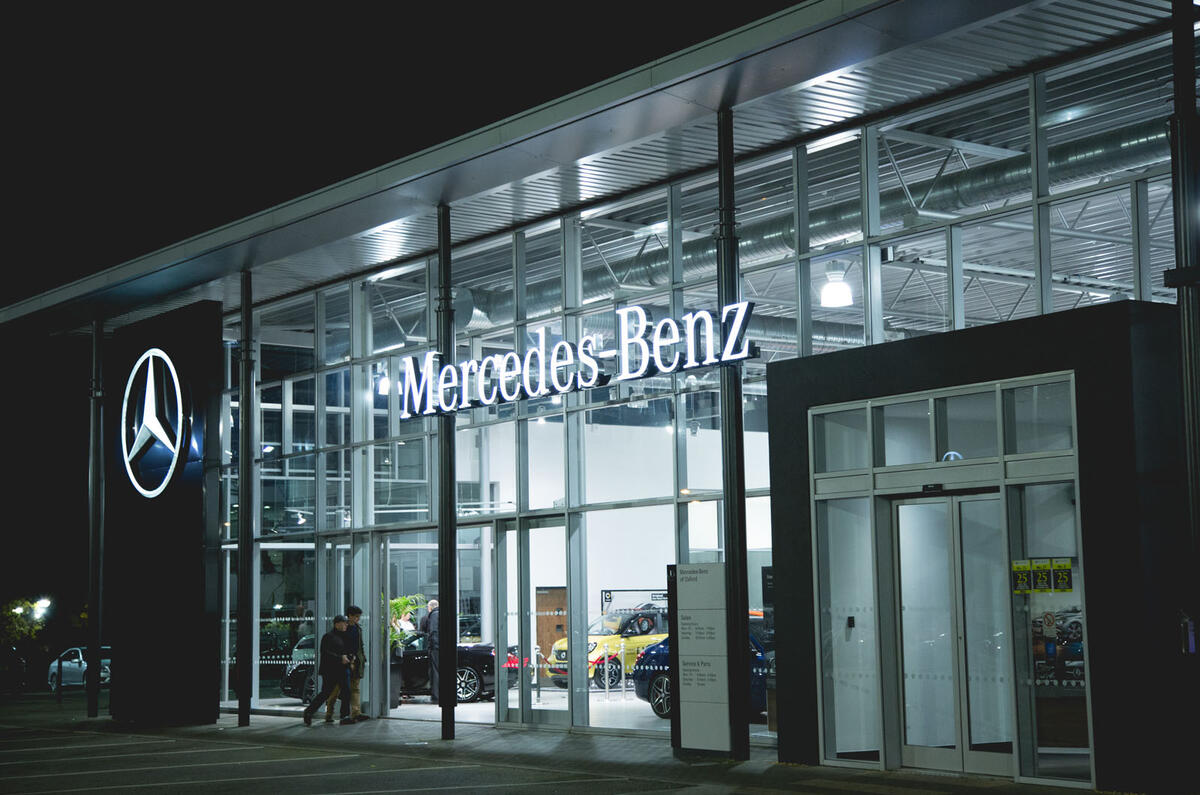Mercedes-Benz’s switch to the direct sales ‘agency’ model in the UK from 1 January has helped increase the average sale price of its cars, said the company.
In the direct sales model, Mercedes assumes responsibility for setting pricing and selling cars, taking over from the dealer. The dealer accepts a fixed fee per sale for acting as Mercedes’ ‘agent’.




Add your comment